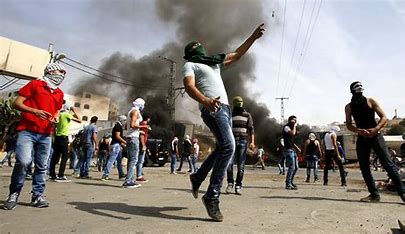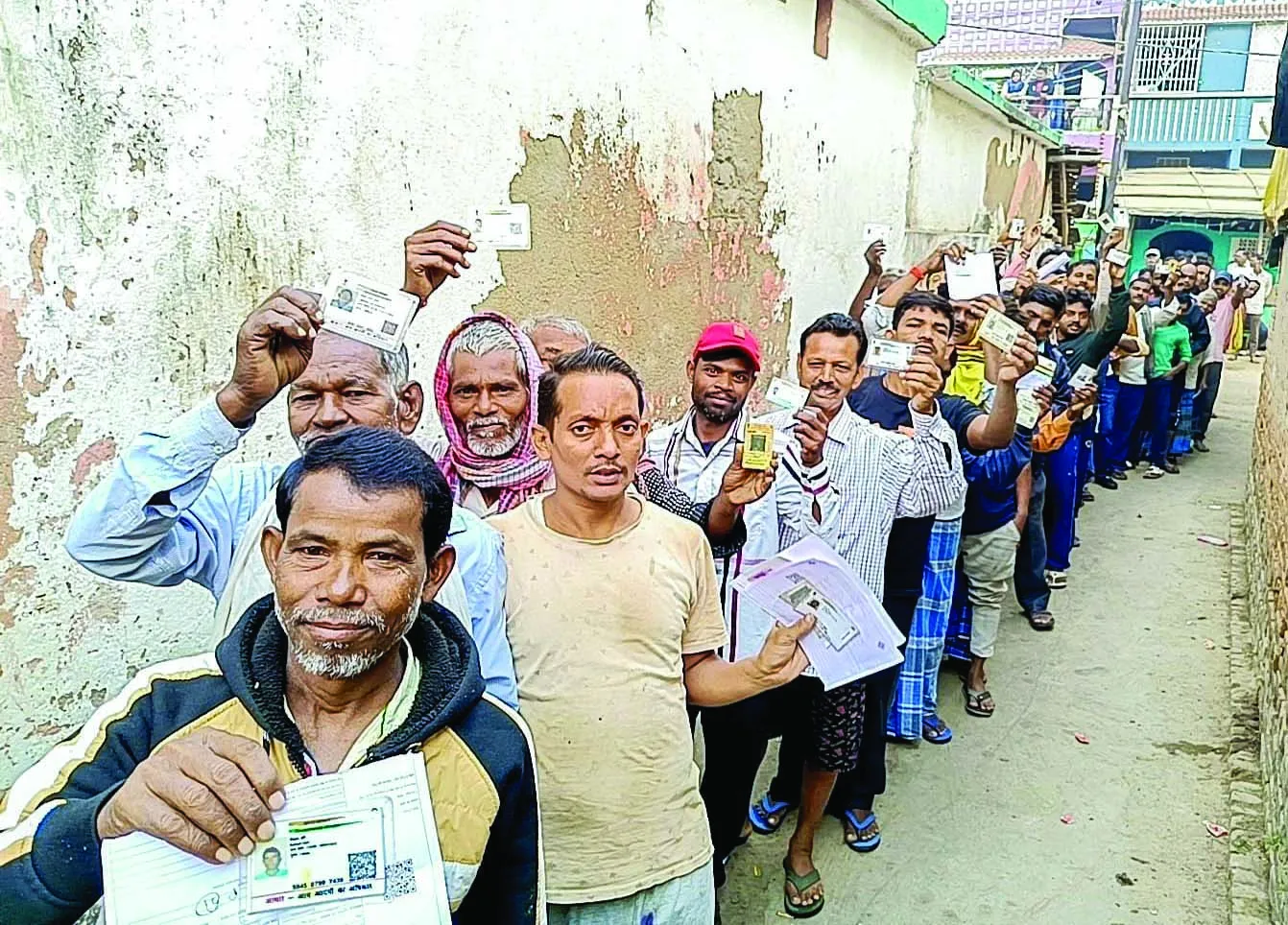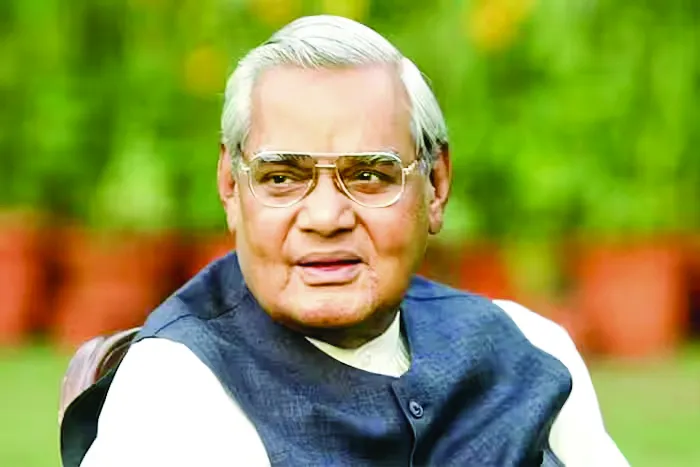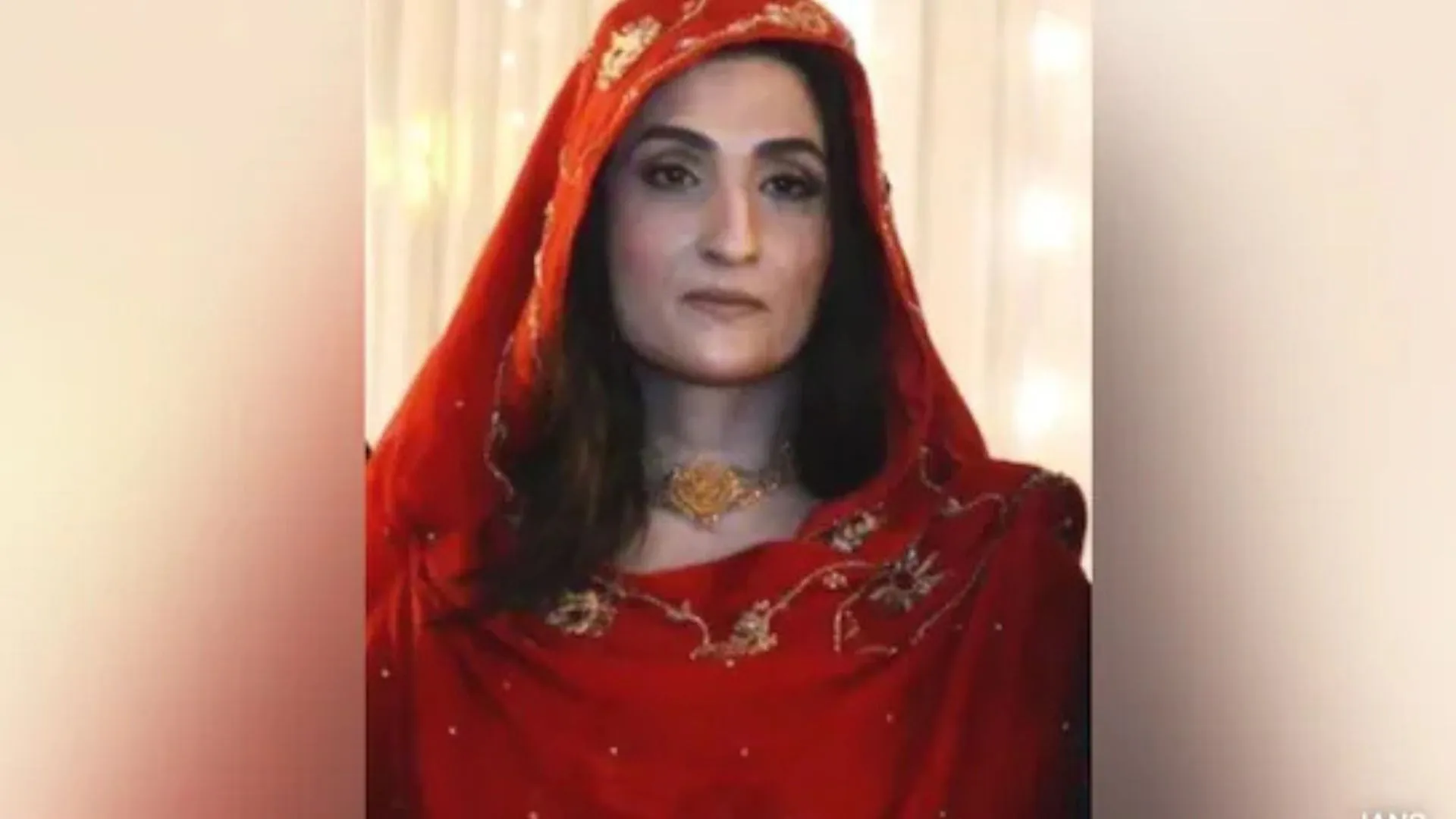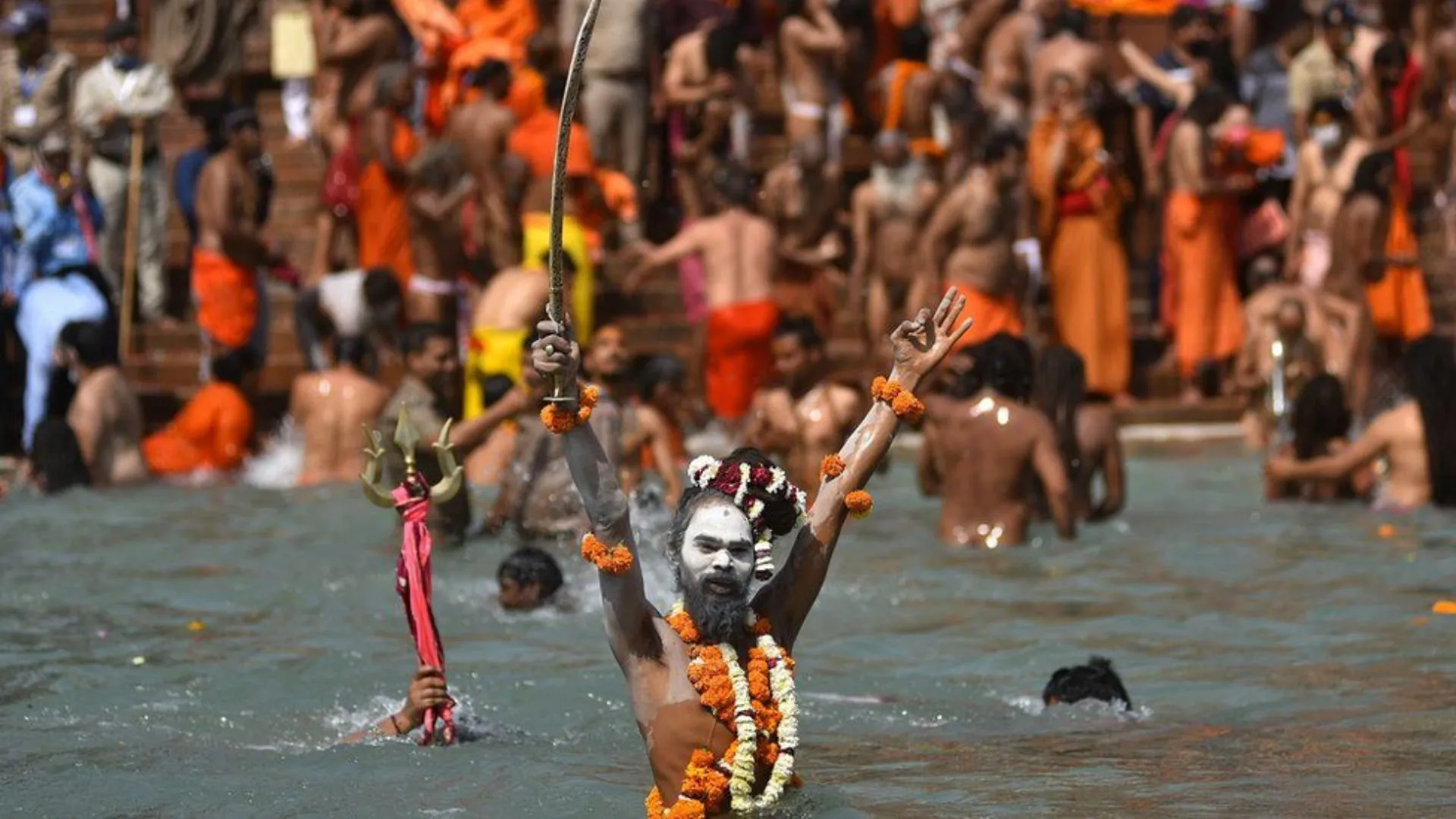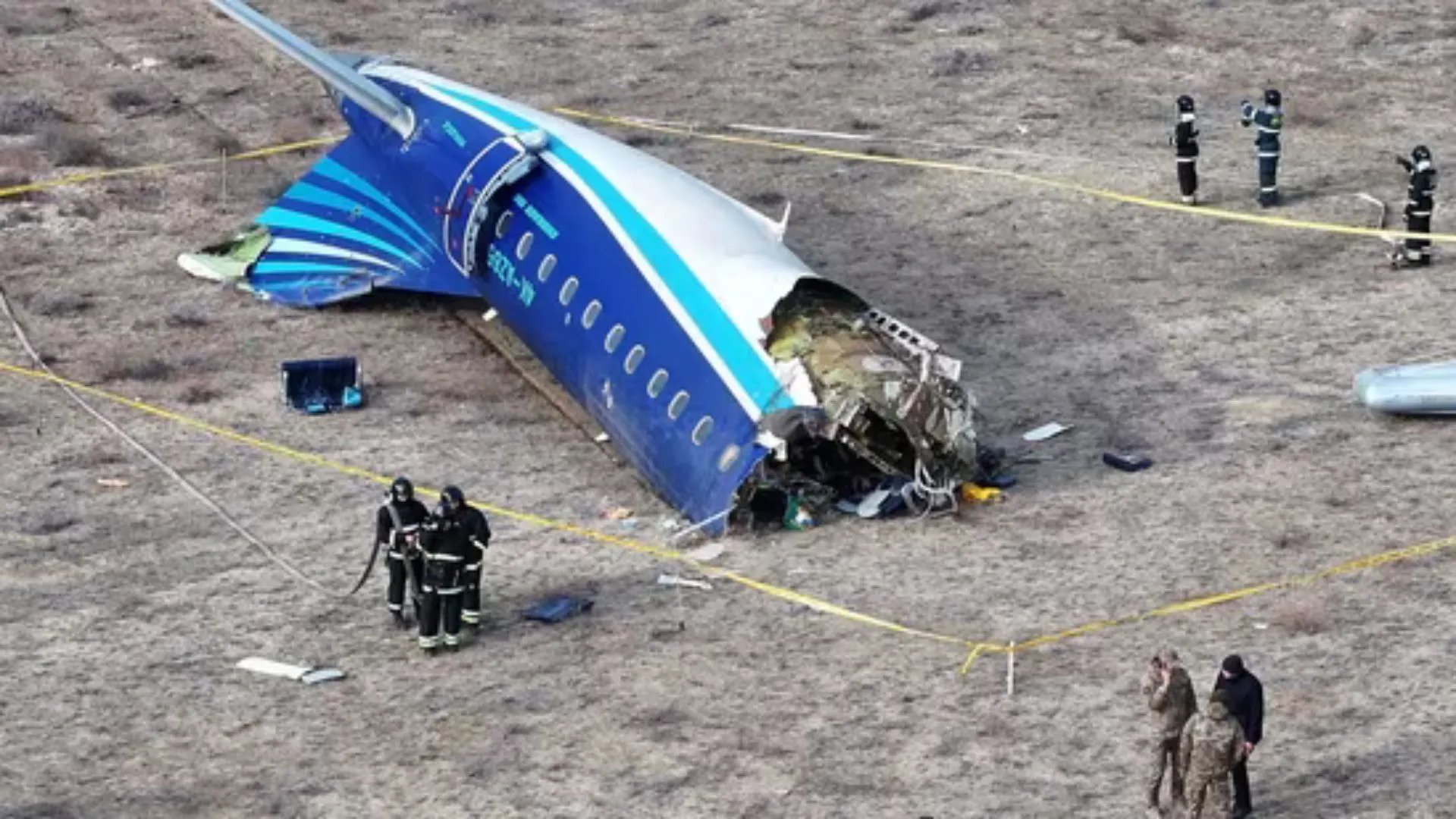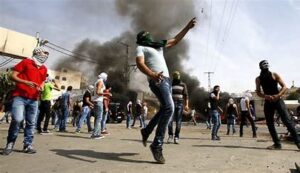The assassination of Ismail Haniyeh, Chief of Hamas’s Politburo, in Tehran just hours after attending the swearing-in ceremony of newly elected President Masoud Pezeshkian, was a significant and dramatic event. Haniyeh, who had been a key figure in negotiations and talks since the 7th October attack on Israel, had emerged as a critical voice in promoting Hamas’s narratives. Based in Doha, Qatar, and frequently traveling between Egypt and Iran, Haniyeh was the face of Hamas, now positioning itself as the central force in the Palestinian resistance. His assassination has further destabilized the Middle East, pushing the region closer to a precarious situation that could lead to prolonged chaos. The killing of Haniyeh within Iran is likely to provoke a strong response from Tehran, which risks appearing weak in the eyes of its regional rival. The Iranian-backed ‘Axis of Resistance,’ a coalition of militias involved in the ongoing conflict in Gaza, is also urging Iran to respond militarily in a decisive manner. Hezbollah’s leader in Lebanon, Hassan Nasrallah, in his second speech in as many weeks, warned that the retaliation would be “strong and effective.” As Nasrallah spoke, Israeli combat jets conducted ‘sonic booms’ over Beirut, the capital of Lebanon, in a show of force. Meanwhile, Hamas has announced its new leader, Yahya Sinwar, a key planner of the 7 October attack and one of the most wanted figures in Gaza.
India’s geopolitical assessment of this situation is crucial, given its implications for regional stability and global security. In the midst of this escalating regional conflict, which the international community is striving to contain, India has adopted a stance of strategic ambiguity. So far, there have been no direct statements from New Delhi regarding the events surrounding Haniyeh’s assassination, even though Saudi Arabia has expressed support for Iranian sovereignty. This ambiguity likely reflects India’s reluctance to show sympathy for the elimination of a leader from a terrorist organization. Although India has not officially designated Hamas as a terrorist group, this cautious approach aligns with the current government’s firm stance against international terrorism, particularly at a time when global efforts to counter terrorism seem to be waning.
Historical Analysis
Historically, India has politically supported the Palestine Liberation Organisation (PLO) since 1974. Following the 7th October attack, Indian Prime Minister Narendra Modi quickly condemned the terror act, consistent with India’s longstanding opposition to terrorism. However, Modi’s message on ‘X’ (formerly Twitter) was mistakenly interpreted by some as a shift in India’s policy in the region. In reality, New Delhi continues to advocate for a two-state solution, maintains diplomatic relations with Palestine, hosts a Palestinian embassy, and officially recognized the Palestinian state in 1988. Geopolitically, much has shifted over the years, and so have India’s interests. Until 1992, India prioritized its relationships with Arab states and Iran, reflecting their regional interests. This changed with the establishment of the first Indian embassy in Tel Aviv. Israel had long pursued full diplomatic ties with India, positioning itself as a crucial ally, particularly against Pakistan.
This economic focus is evident in India’s involvement in new regional groupings like I2U2 and the India-Middle East-Europe Corridor (IMEC), which are key to India’s strategic objectives in the region. This perspective is not unique to New Delhi; the cautious stance taken by capitals such as Abu Dhabi and Riyadh underscores their own balancing acts. Their primary goals are to safeguard the substantial economic progress they continue to make, as seen in the global success of hubs like Dubai and the aspirations of Abu Dhabi and Riyadh. Equally important is the need to maintain peace within their domestic populations, who show strong solidarity with the Palestinian cause. So far, these Arab states have managed to navigate both challenges with relative success. Iran also plays a crucial role in India’s security considerations. New Delhi views its relationship with Iran, at least theoretically, through the lens of a neighboring state, as Iran was until 1947. More concretely, Iran is pivotal in India’s strategic thinking for two key reasons: its connection to Central Asia, important for geoeconomic reasons, and its influence in Afghanistan, which has significant regional security implications, especially as Afghanistan remains at the top of the 2024 Global Terrorism Index.
India’s Domestic viewpoint
A key security concern for India regarding events in the Middle East is their potential domestic impact. The spillover from the Gaza conflict became evident when Khaled Mashal, the former chief of Hamas, addressed a pro-Palestine rally in Malappuram, Kerala, via video conference. Kerala, a state with a large population working in the Arab world, witnessed this event organized by the Solidarity Youth Movement. During the Islamic holy month of Muharram, various groups across the sectarian divide—both Shias and Sunnis—expressed solidarity with Palestinians, and in some cases, anti-Israel sentiments during their processions. In the sensitive region of Kashmir, Shia mourners were charged under Indian anti-terror laws for raising the Palestinian flag during a rally in Srinagar. Similarly, in 2020, the Shia community in the region held rallies to protest the assassination of Iranian military leader Qassem Soleimani, which has since become an intermittent source of unrest in parts of the troubled area. This issue is significant because it is not directly related to inter-state dynamics or cross-border terrorism from Pakistan, but rather to the sectarianism present within India’s Muslim community. Adding to the geopolitical complexities in the Middle East and domestic concerns, India’s neighborhood challenges have also intensified. With China and Pakistan as historically difficult neighbours, and ongoing crises in Myanmar and Bangladesh, alongside diplomatic challenges in Sri Lanka and the Maldives, New Delhi’s resources and attention are already heavily strained. Taking a definitive stance in the Middle East at this juncture would be an unnecessary complication that is best avoided.
Sharanpreet Kaur in an Assistant Professor of International Relations at School of Social Sciences, Guru Nanak Dev University, Amritsar. She is an alumni of Jawaharlal Nehru University, New Delhi

